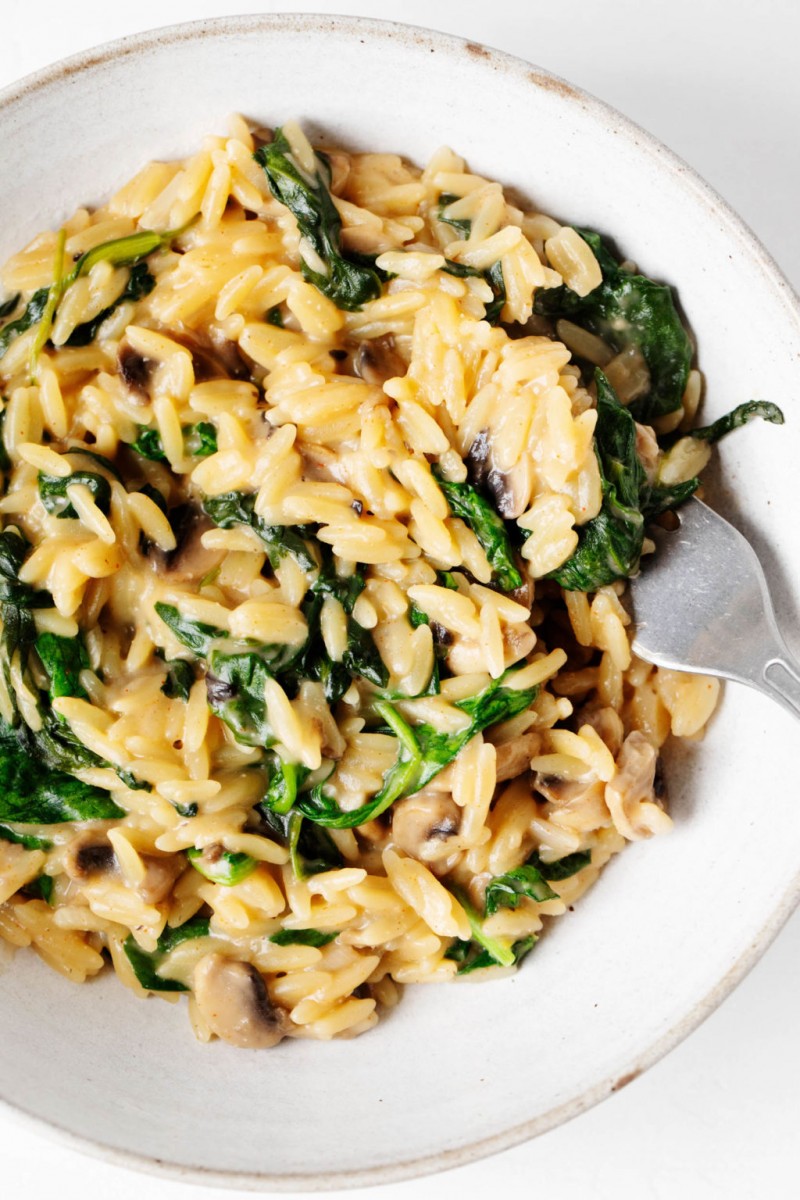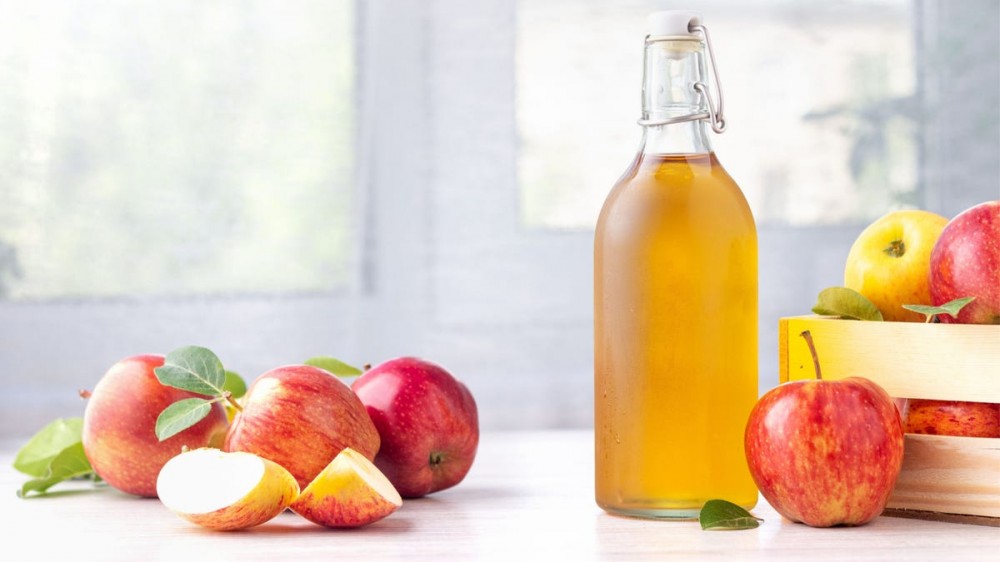
I’ve been writing birthday posts since I turned thirty. The last few haven’t been easy, but this year I’ve been feeling particularly conscious of time and melancholy about the arrival of June 7th. Not to mention grumpy and fatigued—not my best mood for writing.
Then I got an email, from a blog reader who shares a summer birthday. On the cusp of her own birthday, she asked me if I have any wisdom, or advice, for her. My first reaction was to make a cynical quip: “if only,” “would that I did,” etc.
Once that reaction passed, I got to thinking about what I would wish to pass along to a younger sister or friend. Or even a younger self. And that, as it turns out, is rich material. Not because I have so much wisdom to pass along, but because even positing the question has given me a chance to reflect on what I think is important and worth knowing.
Here’s what I’ve got:
One of the best things that you can do now, soon, or whenever you can, is to learn how to be friends with your body. It’s never too early, and it’s never too late, though if there’s anything you shouldn’t delay, it’s this.
One day—and increasingly as you get older—you’ll realize that your body is your strongest ally. There will be times when it seems to be the only ally you have. As the years go by and your body becomes a little older and more frail, you may look back with sadness on the times when you didn’t work to preserve its strength. I do.
Cherish your body. Be gentle with it. Regard its needs with compassion and love. Don’t try to shrink it because you think it will be more beautiful if there’s less of it. Don’t deprive it in an effort to stand out. Listen to it. Rather than trying to control it, see if you can’t allow it to take you by the hand and guide you instead. You’ll never be be sorry.
Don’t waste time on the idea that you have to get everything “right” all of the time—the delusion we call perfectionism. You will not be able to avoid mistakes. You won’t be likable to everyone you meet. And you won’t be able to get through life without hurting anyone, including and especially the people you love.
I wish I had realized this sooner, for a lot of reasons. First and foremost because perfection isn’t something that anyone can or should be striving for. It’s really true that we can’t be whole and perfect at the same time. If you want to be self-actualized, then you’ll need to embrace your own fullness (fullness, a word that means so many things to me). You’ll need to be messy and raw sometimes, to make mistakes and live with them. You’ll need to let other people see you as you are: a beautiful, complex human who stumbles and slips.
Being whole will mean taking the risk of living and loving and being vulnerable. It will be painful a lot of the time. But the more you try to avoid it, the more you seek to control yourself in an effort to be more palatable or perfect, the harder and more tiring life will be. And what you might not realize now is that there’s no greater pain you can inflict on other people than the dishonesty of not giving them access to your true self.
Learn when to work hard, and when not to. Learn how to balance effort and ease. Did you read last Sunday’s blog post? I’m only just now, at 37, learning how not to try too hard all the time.
Trying too hard will exhaust you. It will prevent you from learning how to distinguish between what’s really important and what isn’t. It will alienate other people, make them uncomfortable. Learn how to reserve your energies when you can. Relax a little. Take the risk of giving something about 70% of your effort, and not one bit more. You’ll be amazed at the space this will create for you to be a more honest version of yourself—a self that can give everything when the time is right.
Speaking of relaxing a little, do this—relax. It’s easy to glamorize overwork and burning the candles when you’re very young, but I promise you that there’s nothing glamorous about running yourself into the ground.
If relaxing doesn’t come easily to you, which it never does to me, start teaching yourself. It can start with activities, like listening to certain kinds of music, taking walks, sitting in the park or in nature, getting body work, laughing with a friend, or re-watching a TV show you love. Whatever you can do that will teach you what ease feels like, do that, and then do it again. Learn how to access the sensation of being calm.
Calmness is the thing nearest to a superpower that I know of. You think you need it only when things are going really well or really badly, but actually, it can help you no matter what the situation. Some people settle into it readily. For others, like me, calmness and relaxation are matters of time and practice.
Growing up, I was what you might call an “old soul.” In some ways I still am. I spent most of my teen years and college years befriending teachers, mentor figures, older friends, and older lovers, maybe because I thought it was very important for me to figure life out as quickly as I could.
No regrets there. Our elders have everything to teach us. But, when I turned 28 and moved to Washington D.C. on a wild quest to become a doctor, I was suddenly forced to rely on people a decade younger than me. I wouldn’t have survived graduate school without them, those kids. They got me through my program with passing grades, but more importantly, they taught me about optimism, resilience, and flexibility. I’m still in grad school, nearly ten years later, and my peers are still a lot younger than me. Being near them keeps me young at heart. It teaches me to be humble and open and receptive to what I don’t know.
People who have lived longer than you have a lot to teach you. People your age, and younger than you, have a lot to teach you, too. Try to learn from everyone, at every age.
For a long time I refused to entertain the notion of regret. I passed this off as embracing my own past, but actually, it came from the opposite place. My fear of admitting to regret had everything to do with my own terror of screwing up and acknowledging that I’d gotten something wrong, and nothing to do with self-acceptance.
One day you’ll be turning 37, and you might find that you have regrets. For the first time, you may not regard this as a horrible thing. It’s actually OK to say that you wish you’d done something, or a couple things, differently. And the thing I’m learning about regret is that it’s not actually the same thing as wanting to take back your own past, or revise your choices. It is—or it can be—a way of acknowledging hard-earned knowledge.
There are lots of things I wish I’d figured out a little sooner in life. Ways of being gentle and kind that I wish I’d been more open to five, ten, fifteen years ago. Pursuits—like extreme thinness, dietary orthodoxy, and workaholism—that I wish I’d spent less time on. Relationships I wish I’d ended sooner.
Right now, one of my regrets is that I wish I’d started seriously thinking about partnership and companionship seven years ago, when a lot of my friends were thinking about it and seeking it out with intention. I wish I’d been a little less certain of my self-sufficiency, a little more conscious of my own yearning for family. That yearning was always there, but it felt threatening to me, as many of my softer impulses always have (softness: another word that signifies so much).
I’m seeking out companionship now, but it’s a little tougher than it used to be, for various reasons. I’m not sure why it’s been such a puzzle for so long. What I do know is that I wouldn’t have come around to understanding how badly I long for partnership had I not made the choices I did. So maybe there really isn’t such a thing as regret, in the sense that we’re always doing the best we have with who and where we are. But life is time, and time goes by a lot quicker than you expect it to. It never hurts to say you’re sorry, to take an honest look at your own missteps, or to get clear on how you’d like to do things differently from now on.
At some point, you’ll find that life hasn’t gone as planned. I don’t mean little stuff: I mean really big stuff. It may feel frightening, lonely, or even cause you to despair. At these times, it’ll be important to listen closely to the people—friends, family, teachers, poets, songwriters, gurus—who tell you that, no matter how it seems, you’re right where you need to be. You don’t have to believe them if you don’t. Just listen.
And, whether life is baffling you or exceeding your wildest expectations, there is always one thing you can do that will sweeten every day, every year, and every new birthday: find something to be grateful for.
Start with one small thing. It could be a morning ritual (for me, it’s making coffee in my Chemex—the smell, the anticipation, the motion). It could be seeing a certain friend, exchanging funny texts with another, sitting down to write something thoughtful to someone who lives far away. It could be moving a certain way. It could be any creative pursuit: song, dance, words, cooking, painting, photography. It could be moments in nature, or—if you’re me—it could be a walk down a crowded, stinky, humid New York City avenue in June.
But find something. And when you do give thanks for it, allow the softness of that moment to remind you of how much else there is to be grateful for. Life can be difficult in all sorts of ways. But it really is interesting, surprising, and beautiful. You can suffer honestly and experience challenge while keeping your eyes open to all of the good stuff. It’s there. And it always will be.
Happy birthday, fellow summer baby. I’m older than you, and I’m still learning, just as you are. Now, let’s both go eat some (vegan) cake.






